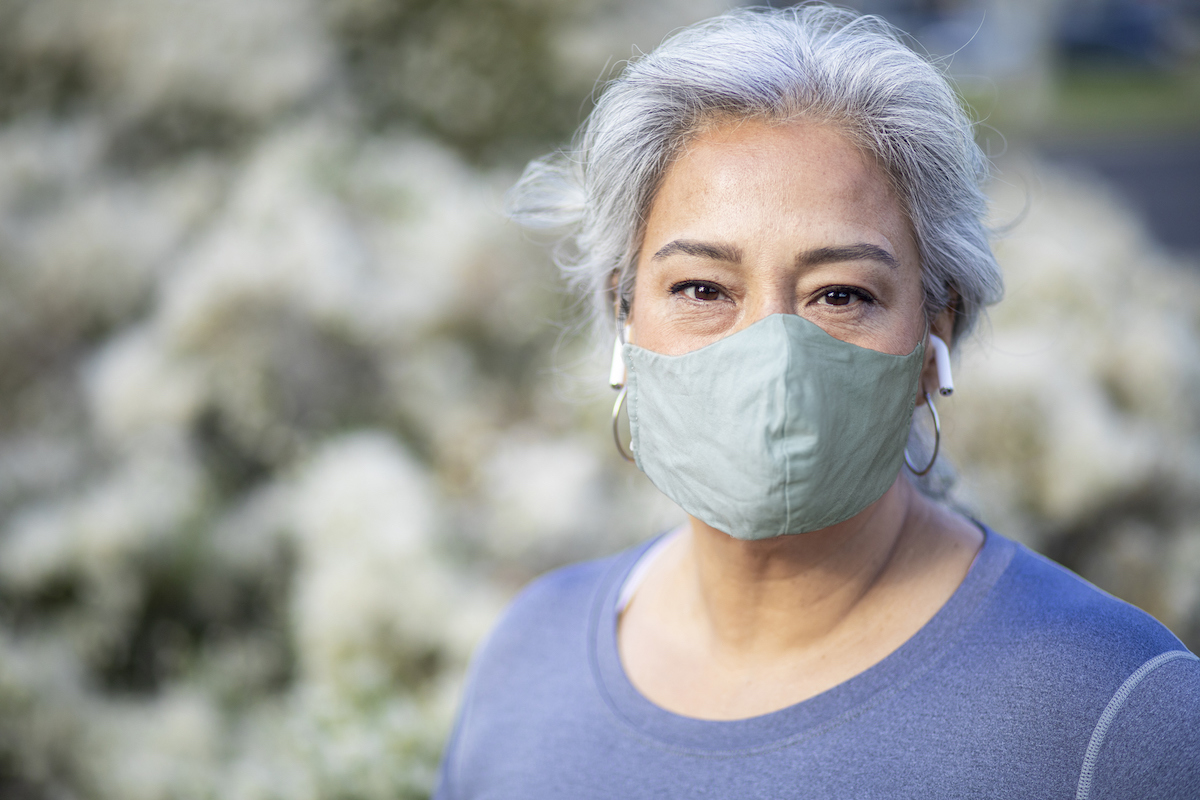<< Back
CDC Survey: Mental Health Impact from COVID-19 Hits Hispanic Community Harder

October 02, 2020
Recent data from the Centers for Disease Control and Prevention (CDC) show that the mental health impact of COVID-19 is disproportionately affecting people of color, particularly the Hispanic community.
As Hispanic Heritage Month (Sept. 15 to Oct. 15) celebrates the culture and achievements of Latinos and Hispanics across the United States, it’s time highlight treatment options available during the COVID-19 pandemic.
According to a CDC survey, 41 percent of respondents reported elevated symptoms of mental health and substance use as a result of COVID-19. Higher rates of depressive disorder and suicidal thoughts were found in Hispanic respondents, with 18.6 percent saying they “seriously considered suicide in the 30 days before completing the survey.”
According to Paul J. Shaker, a trilingual clinician in the Latino program at Rushford‘s Meriden location, several barriers make the pandemic especially challenging for Hispanics.
“Hispanic people are very geared toward family,” he said. “They are having a difficult time now because grandparents are living alone, and they can’t see their kids, grandkids and great-grandkids.”
Several other factors, such as a higher percentage of job loss and a higher rate of physical impacts from COVID-19 on Hispanics, have contributed to stressors. Hispanics often work jobs they cannot do from home, such as in factories, on farms and performing mechanical work.
When they lose their job, they lose their health insurance and the benefits of healthcare. There also is a stigma or embarrassment about seeking help for mental or behavioral health, and not realizing there are services available in Spanish.
“Some clients will say to me that they don’t go to Rushford because they are not crazy,” he said. “There’s a stigma of what people will think in the community if they tell others they went to a mental health center.”
During the past few months, Rushford has seen a decrease in Latino referrals, possibly due to a fear of the virus.
“Many don’t want to come in, and they might not know we are seeing clients over the phone and through Zoom,” Shaker said. “At the same time, many don’t have access to the Internet and smartphones, which is another barrier limiting them from services.”
Shaker aims to raise awareness of the Latino services that Rushford provides, emphasizing that people don’t have to go through their struggles alone.